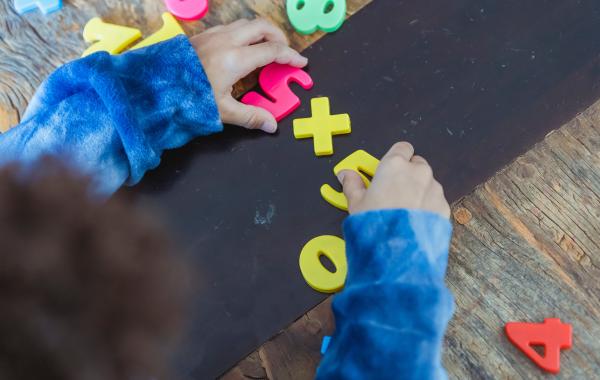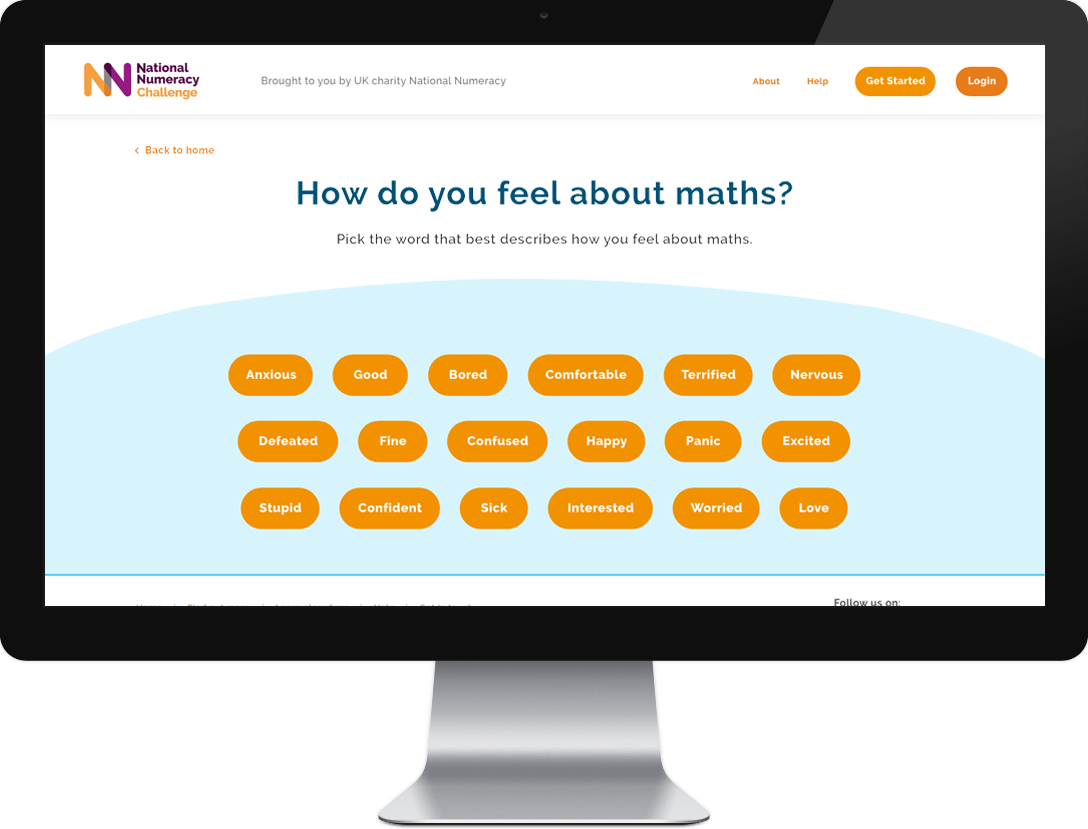What are Essential Skills?
These eight highly-transferable skills act as a scaffold, enabling people to unlock the potential of other skills and expertise, and there is great crossover between these Essential Skills and our own “Attitudes to Numeracy”, as outlined in our 2019 report Building a numerate nation: confidence belief and skills.
How was the research done?
With fieldwork conducted by YouGov, the Essential Skills research is nationally representative for the UK. It also included five numeracy skills questions designed by National Numeracy to enable the team at Skills Builder Partnership to measure numeracy skills, to estimate the cost of low numeracy skills, and to explore the relationship between numeracy skills, literacy and essential skills.
Where does numeracy fit in?
Last year National Numeracy with Pro Bono Economics published the report Counting on the Recovery which estimated the cost of low numeracy skills to the UK economy to be £25bn per year.
As part of this new research, Skills Builder Partnership replicated Pro Bono Economics' finding of a large cost to the UK economy of low numeracy skills: £28.9bn a year (with 95% confidence intervals at £3.9bn and £55.7bn). In addition, it found that the cost of low essential skills to the UK in 2022 was £22.2bn – comparable to the cost of low numeracy skills.
What did the research find?
Interestingly, they also found that controlling for essential skills score and literacy does not decrease the wage premium associated with numeracy skills. In other words: take two individuals with the same essential skills score and literacy level – the person with higher numeracy skills would likely earn between 6% to 8% more.
The same is true when controlling for numeracy skills and literacy: take two individuals with the same literacy and numeracy skills levels – the person with higher essential skills would likely earn more.
These models provide further evidence that a combination of basic, essential, and technical skills is optimally required in order to succeed.
Finally, the Essential Skills Tracker 2023 delved into the relationship between basic and essential skills and considered the contribution that all these skills make towards improved social mobility, and to job and life satisfaction.
A cohort of 19% of the population enjoys strong social mobility through a full portfolio of good education, basic skills, and essential skills. The analysis supports the view that education, basic skills (including numeracy), essential skills and experience all contribute to success.






